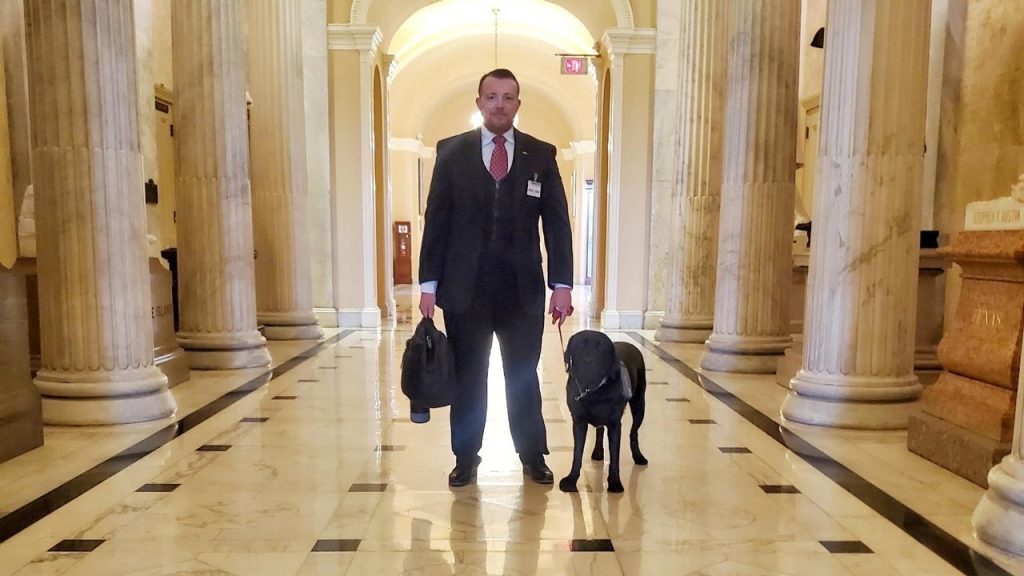The enigma surrounding “Havana Syndrome,” a debilitating condition affecting U.S. diplomats and government personnel, has taken a dramatic turn. While the overarching assessment from the U.S. intelligence community maintains that a foreign adversary is “very unlikely” to be the cause, two out of seven intelligence agencies now concede the possibility of a foreign-developed weapon capable of inflicting such neurological damage. This represents a significant shift in perspective, albeit a cautious one, and introduces a new layer of complexity to an already perplexing issue.
The reassessment stems from “new reporting,” the nature of which remains undisclosed. These two agencies now posit a “roughly even chance” that a foreign actor, potentially wielding a novel weapon or prototype device, is responsible for a subset of Havana Syndrome cases. However, their confidence in this judgment remains low, underscoring the continued uncertainty surrounding the phenomenon. The revised assessment acknowledges the existence of a potential weaponized threat, yet refrains from definitively attributing the breadth of reported incidents to foreign actors.
This shift in perspective has been met with both cautious optimism and persistent frustration from Havana Syndrome victims. Adam, a former government employee considered “Patient Zero,” having experienced the first reported incident in 2016, expressed hope that this acknowledgement might finally pave the way for uncovering the truth. He and other victims have long suspected a foreign adversary, likely Russia, given public reports of their advanced directed energy weapons programs. However, the ongoing secrecy and slow pace of the investigation continue to fuel their frustration. They perceive a reluctance within certain intelligence agencies, particularly the CIA, to fully investigate the possibility of a foreign attack, hindering efforts to understand the full scope of the threat and provide adequate support to those affected.
The updated assessment from the intelligence community, while acknowledging a potential foreign link, stops short of definitive attribution. It emphasizes the need for continued research, investigation of credible incidents, and enhanced care for victims. The Office of the Director of National Intelligence (ODNI) stressed that the two agencies’ revised assessment is based on low-confidence judgments, reflecting the ongoing challenges in definitively pinpointing the cause of Havana Syndrome. The ambiguity surrounding the specific evidence leading to this shift further complicates public understanding and fuels skepticism among victims who have long suspected a concerted effort to downplay the possibility of a foreign attack.
The political ramifications of this evolving understanding are also significant. The incoming Trump administration has been briefed on the updated assessment and the ongoing investigations. Victims like Adam hope this transition will usher in a renewed focus on uncovering the truth and holding those responsible accountable. They express concern over alleged cover-ups and misinformation campaigns within the government, and yearn for an administration that prioritizes the well-being of its workforce and the pursuit of truth. The Republican-led CIA Subcommittee, in its own interim report, has echoed these concerns, accusing the intelligence community of withholding crucial information and expressing skepticism towards the “very unlikely” conclusion of the overall assessment.
The divergent perspectives within the intelligence community, alongside the political maneuvering surrounding the issue, create a complex and often contradictory narrative. While two agencies acknowledge a possible foreign link, the overall assessment remains cautious, leaving victims and the public grappling with unanswered questions. This ambiguity fosters distrust and impedes efforts to provide comprehensive care and support to those suffering from Havana Syndrome. The incoming Trump administration inherits a complex challenge: balancing the need for thorough investigation and transparency with the sensitivities of national security and international relations. The pursuit of truth and accountability will require navigating these complexities, while addressing the very real suffering of those affected by this mysterious ailment.

